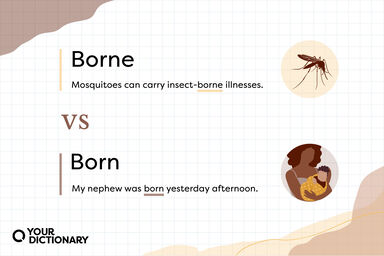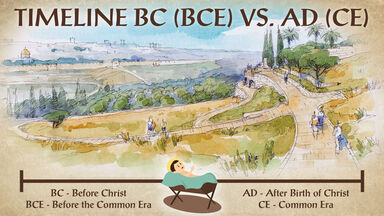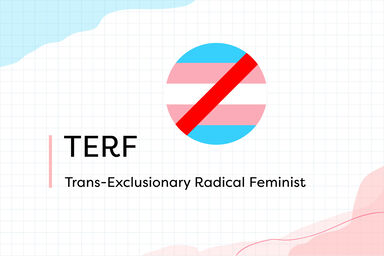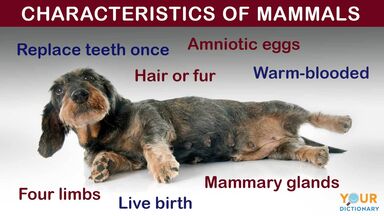Birth Definition
(dated or regional) To bear or give birth to (a child).
(figuratively) To produce, give rise to.
A familial relationship established by childbirth.
- to bring forth offspring
- to bring forth (offspring)
- to be the cause or origin of; originate; create
Other Word Forms of Birth
Noun
Idioms, Phrasal Verbs Related to Birth
- give birth
- give birth to
Origin of Birth
-
From Middle English birthe (1250), from earlier burthe, burde, from Old Norse burðr, byrd (Old Swedish byrth, Swedish börd), replacing Old English gebyrd (rare variant byrþ). The Old Norse is from Proto-Germanic *burdiz (compare Old Frisian berde, berd); Old English gebyrd is from prefixed *gaburdiz (compare Dutch geboorte, German Geburt), from Proto-Indo-European *bʰr̥tis (compare Latin fors ‘luck’, Old Irish brith), from *bʰer- ‘to carry, bear’. More at bear.
From Wiktionary
-
Middle English probably of Scandinavian origin bher-1 in Indo-European roots
From American Heritage Dictionary of the English Language, 5th Edition
Related Articles
Find Similar Words
Find similar words to birth using the buttons below.





